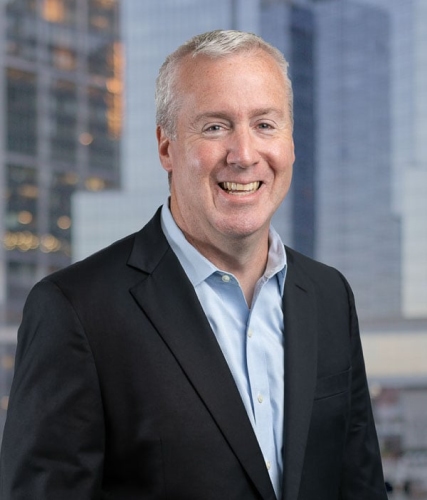"Millennials (also known as the Millennial Generation or Generation Y) are the demographic cohort following Generation X. There are no precise dates when the generation starts and ends. Researchers and commentators use birth years ranging from the early 1980s to the early 2000s." From Wikipedia, the free encyclopedia.
A few months back, I was a guest speaker on the "plenary" panel at the TSAM Boston conference. The topic was "Current Trends in Asset Management and the Future of the Industry", which I think you'll agree was pretty open-ended and left my fellow panelists and I with a number of directions in which to drive the discussion. The conference attendees seemed to perk up a bit when the topic of the "hoodie and flip-flop" generation came up for discussion; this is the vision that I certainly have when I think of Millennials – The Social Network and The Internship come to mind. I was responsible for taking us down the Millennial path on the panel, when I brought up the fact that there is a seeming shortage of resources and talent in the Asset Management and FinTech industries, and I "blamed" the hoodie and flip-flop culture for diverting talent away from Wall Street and towards Silicon Valley. Was I being too simplistic and relying too much on stereotypes? Am I wary of this next generation of workers expecting to receive a trophy for participation or a medal for 4th place?
Adding a bit of fuel to the fire, I more recently sat on a career panel at a local high school and was given the opportunity to talk about my profession with a classroom of high school seniors – in addition to myself, there was a state congressman, policewoman, Coast Guard worker, nurse, teacher, Grammy Award winning musician and others on the panel. However, the panelist drawing the most interest? The tattooed, thirty-something software developer who interviewed at Google over 5 years ago! The kids really wanted to know if the Google campus was portrayed accurately in the movie The Internship…………."absolutely" said the gentleman. Very cool. What wasn't so cool was that he did not get the job. So what else were these kids asking us on the panel? Did our respective jobs allow for flexible scheduling and working from home? How 'structured' was our respective workplaces? Are grades really all that important in the general scheme of things? The experience was an interesting window into the thinking of this next generation – 18-year olds essentially asking about work-life balance? Believe it or not, it made me think of something that I had just read about a commencement speech delivered by Matthew McConaughey. Yes, that Matthew McConaughey. He was addressing the University of Houston, and one of his life lessons was the following - "Life is not easy. Do not fall into the trap. The entitlement trap of feeling like you're a victim. You are not. Get over it and get on with it." Alright, alright, alright indeed.
This topic obviously strikes a chord with me. The Millennial generation is going to be the workforce engine that fuels our growth over the next decade, and there is a growing trend away from more 'traditional' industries when it comes to post-grad professions. According to a 2013 Harvard survey, consulting and finance-related jobs are still the 2 most popular professions at 31% of graduates; however, this represents a precipitous drop when compared to the 47% of graduating seniors that entered these industries in 2007, prior to the financial crisis. There is most definitely a bit of a talent war taking place between Silicon Valley and Wall Street (and its cousins). Many of the stereotypes are apparently true when comparing the two worlds – from the dress code (or lack thereof) to the work schedule to the benefits and perks, there is certainly a divide in approach. Flexible work hours, free food, on-premises barber shops and healthcare, ping-pong and foosball, and bringing your pets to work……yes, this could all be yours on the left coast.
The allure of joining the next Facebook, Google or similarly disruptive and ground-breaking technology company is certainly understandable. There is a "cool" factor at play here, and the tech scene is sexy. I get it. But guess what? Competition is healthy, and there are still plenty of banks, consulting firms, asset managers, hedge funds and FinTech firms able to recruit and hire top talent as well. What are their calling cards? Well, stability and name recognition still registers with younger resources. Not to mention that salaries are still competitive, and in most cases, higher than those in the pure tech world. There is also a level of pragmatism and reality that come into play here – if I'm a newly minted Wharton grad with over $100,000 in student loan debt, do I take the relative sure thing (Wall Street) versus a roll of the dice (Silicon Valley start-up)? I know what my answer would be, but I've never been a very good gambler.
So, in my view, what is the moral to this story? The merging of generations is already occurring; the Baby Boomers have had to adapt to Generation X, and in turn, we will adapt to the Millennials. The fact that Wall Street and the Management Consulting industry is having to compete for the hearts and minds of the brightest young talent is not a bad thing. The world is changing before our eyes, and while I may sound like an old dog, I'd like to think that I can learn a few new tricks from this generation that have never known a world without an Internet. I'm looking forward to the ride.








Comments